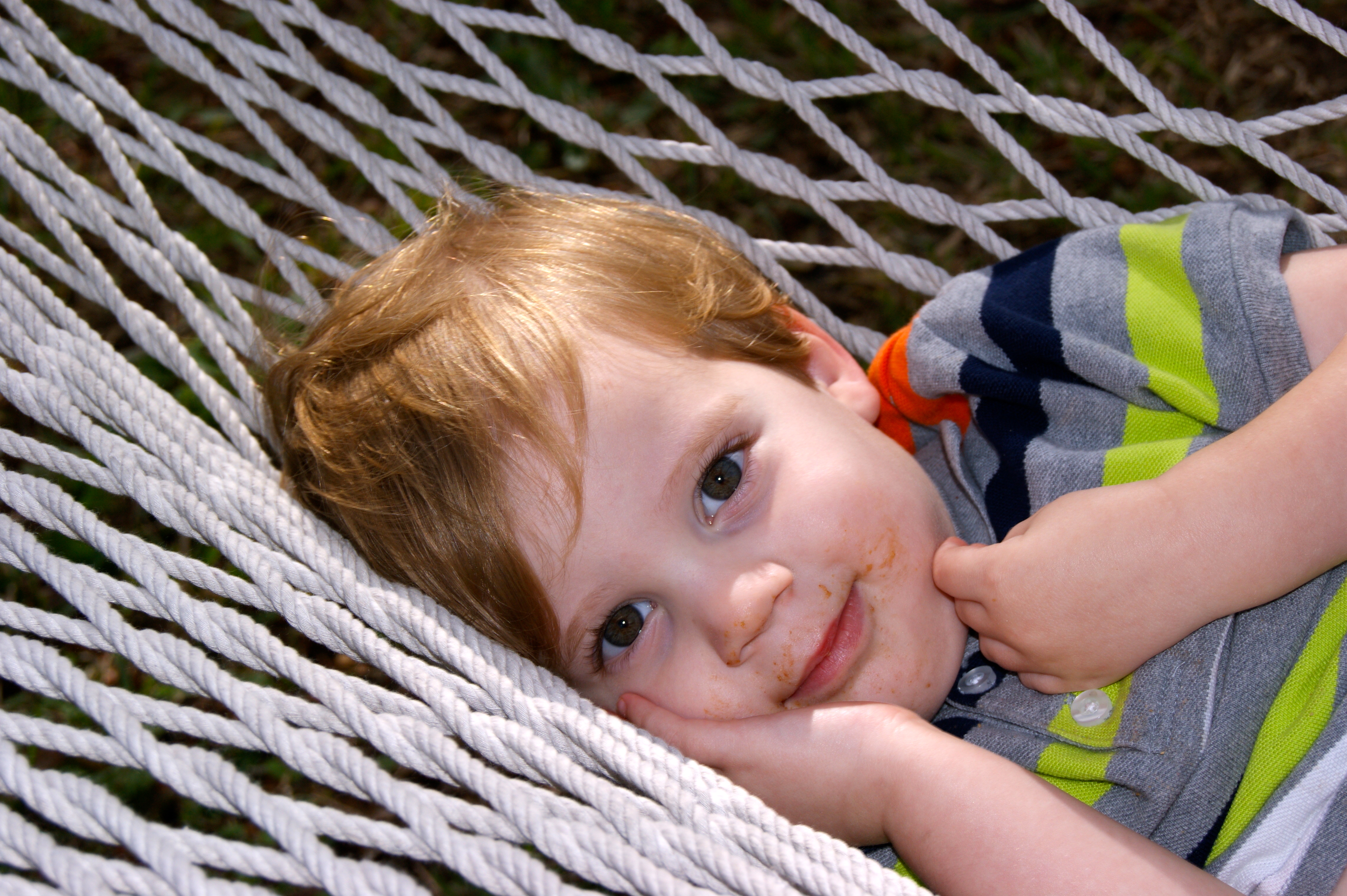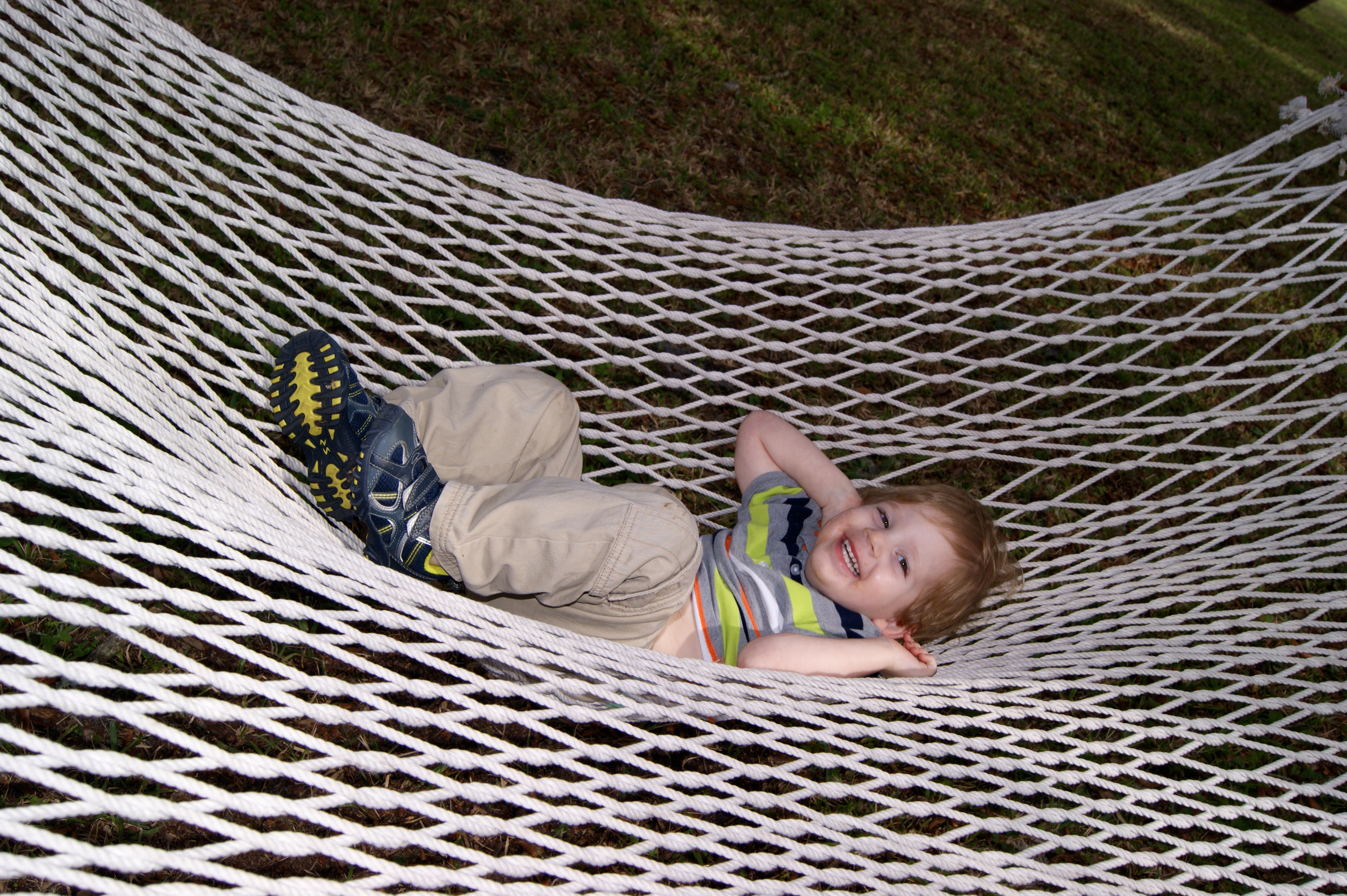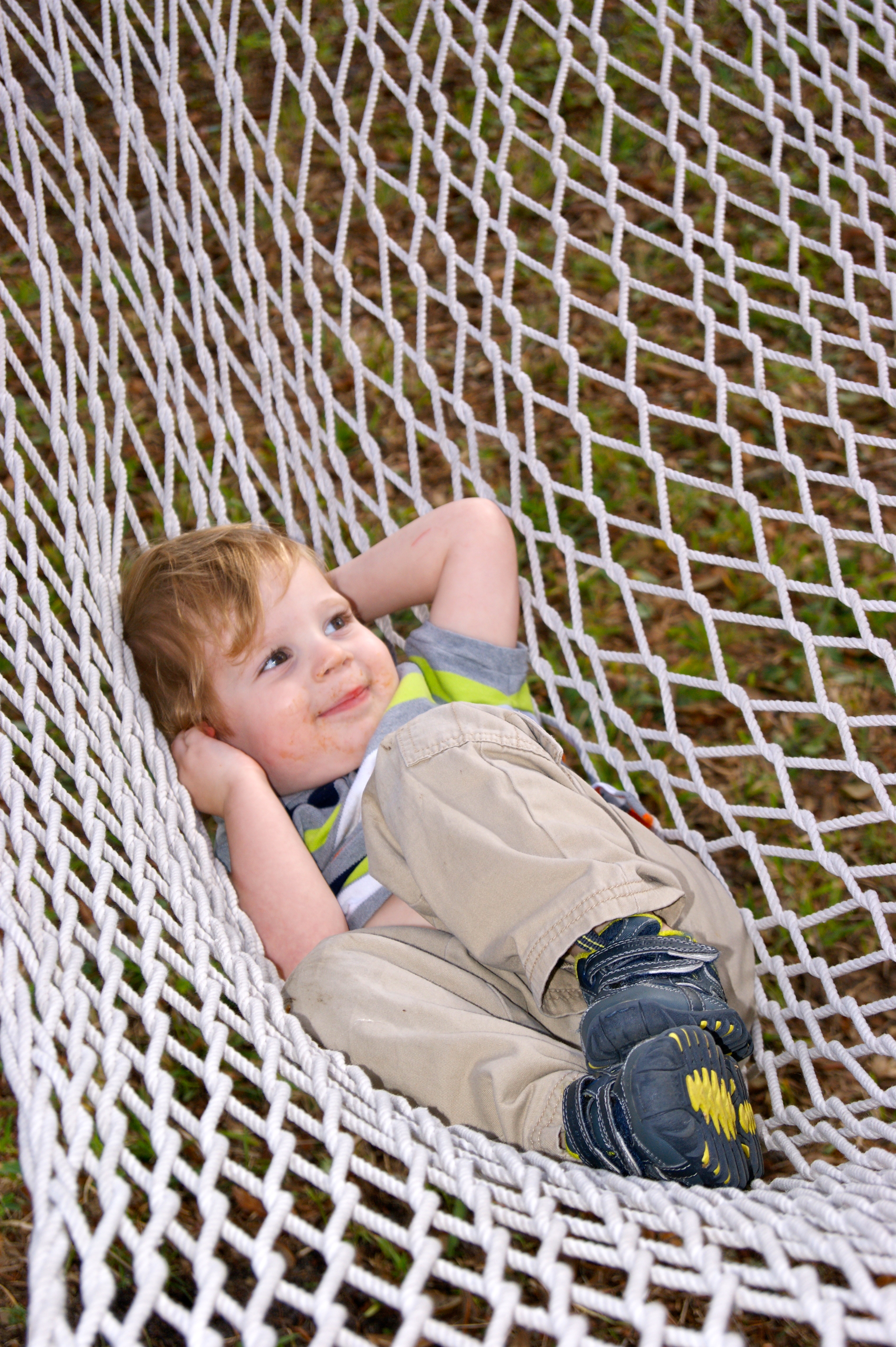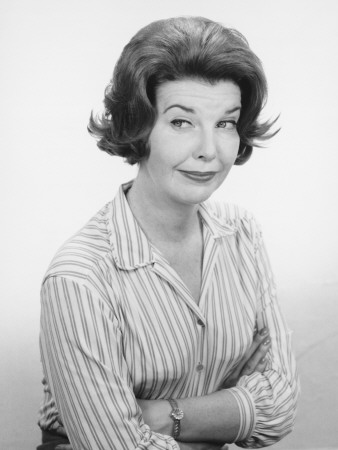 Dear Shopper,
Dear Shopper,
Yes, I know. I’m well aware that my child is screaming. Not just a regular scream, but an ear-piercing, sanity-shattering screech. Even if I wasn’t seeing and hearing it, I would know by the expression on your face.
Clearly, you have raised your children better than me.
That is what you were wanting to say, right? There certainly can’t be any other purpose to you stopping in your tracks to stare or elbow your companion or better yet — give knowing looks to other shoppers passing by.
I have no doubt that you have wonderful, well-behaved children. Grown, tax-paying, law-abiding citizens who would never have dreamed of screaming like this in public when they were children. Judging by your expression and utter exasperation, you’ve never hesitated to let them know who was boss.
And I know that you did your best with your children, that you loved them, and want all children to have a solid upbringing in which to start their lives. You are, in all probability, a good person. You probably don’t mean any harm.
This is what complicates what I want to say to you. Because, despite my anger towards you, I happen to have been raised well too. I don’t want to be ugly, even though right now I feel like it.
Because I know some of that anger is misdirected. It is misdirected because I, too, have stood in judgment of someone like me. I, along with almost everyone, have stood in public and watched a scene like this one play out and thought to myself, “Clearly she has no control over her children. When I have children, mine will never behave like that.” I, like most people, wasn’t quite as obvious about it as you. I didn’t stare or make comments that could be heard. But I was every bit as decided. So, some of my anger is really directed toward Human Nature, who refuses to be put in its place.
The nice thing about human nature, however, is that it can be overridden. And all it takes is but a single experience, a single human interaction, to the contrary of your own strongly held convictions. Then presto whammo — you are a new and hopefully improved person.
Let me introduce you to my child. Like you, I marveled at the miracle of life upon becoming his mother. Like you, I rocked, burped, and inhaled his sweet baby scent and thanked God over and over for the gift of him. Like you, I had certain dreams for my child. There your path and my path diverged somewhat.
My precious child is autistic. Yes, I’ve seen Rain Man, and, no, my son is not likely going to be a great card counter. The truth about autism is that it encompasses a wide spectrum of abilities. And, like you and me, every autistic child who has it is different from the next. Yet they do often share some similar traits – sensory overload and meltdowns are one of them.
Every person on the planet has what I think of as an internal alarm system. Most of us have ours in good working order. But some people with autism have what I like to call a hair-trigger alarm system. Theirs can go off with what seems to average folks like little to no provocation. But there IS always provocation. Non-autistic people simply aren’t as sensitive to seeing and hearing the triggers, and that’s when the alarm goes off. And when it does, it can be loud. Everyone in the vicinity wants nothing more than to have it turned off, including the people who love them. When you see me “placating” my child and “giving in” to his tantrum, I’m really just desperately looking around for the alarm key or trying to remember the right code to turn off that blaring alarm. It isn’t his fault. And, no matter how upsetting it is for you, let me assure you it is that much more upsetting for him.
I’m sorry that you haven’t had quite as pleasant of a shopping trip as you had anticipated. It hasn’t been so pleasant for me either. Problem is — I have to feed my family, deposit my paycheck, pick up prescriptions, etc. just like you do. And, unfortunately, no one arrived at my house today to watch my child so that his autistic behavior wouldn’t upset anyone in public. I have to leave the house and so does my child. Because I have to teach him about the world. I have to let him practice controlling his alarm system. So that he, too, can go out into the world successfully too.
With so many advances in early detection and therapy, many of us will be able to see most of those dreams come true for our unique children. And for some of us, our dreams will have to change for our children. We may need to re-define happiness and success. For life is like that. We constantly have to reevaluate our expectations of ourselves, others –and, sometimes, even the grocery store.
I’m hoping that your single human interaction with me has given you an opportunity to be a better person. For, with 1 in 59 children being diagnosed with autism now, you are going to have a lot more opportunities to make a positive impact in the life of someone like me. All it would take would be a smile, a pat on the back, or a “Bless your heart, honey, hang in there” to refill a stressed out parent’s reserve of patience and calm. You could be the bright spot in our day. And, then, if you want, you are welcome to ask all the questions you want. Your curiosity doesn’t offend me in the least. Most of us aren’t the least bit upset to talk about our kids – any more than you are. If anything, it is an opportunity to educate and dispel myths.
And, maybe, just maybe, you will be standing there when the alarm gets turned off. Maybe you will get to see what every mother wants the world to see – the wonderful personality of her child, in our case hidden behind a mask of fear, anger and frustration.
Who knows? Maybe I’ll get to see the one hidden behind yours.
If you liked this post, you might also enjoy:
“We Don’t Talk No Baby Talk Round Here!”
Reply to a Disgruntled Reader
Dear Friend Whom I Haven’t Seen Much of Lately
Letter to My NT (Neurotypical) Child
Or you might like “Excess Baggage” from Random Pearls of Wisdom.
Like this:
Like Loading...
 If you have an autistic child, you’ve seen the stories. Friends tend to tag you in them or PM you to share. They’re stories of autistic kids who didn’t talk but do now, children who sing the national anthem, young women who compete in beauty pageants, and those on the spectrum who graduate from college. And you don’t mind the stories, because human beings persevering in the face of adversity is a beautiful thing.
If you have an autistic child, you’ve seen the stories. Friends tend to tag you in them or PM you to share. They’re stories of autistic kids who didn’t talk but do now, children who sing the national anthem, young women who compete in beauty pageants, and those on the spectrum who graduate from college. And you don’t mind the stories, because human beings persevering in the face of adversity is a beautiful thing.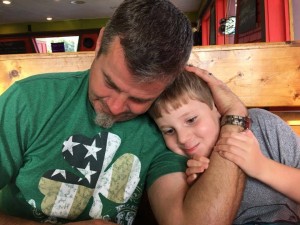 A couple of weeks ago, I listened to a conversation between parents of autistic children. The first – a mother and father – were relating their experiences as parents of a severely autistic, nonverbal child with intellectual disability and discussing how they love, enjoy, and accept their son as the person he is.
A couple of weeks ago, I listened to a conversation between parents of autistic children. The first – a mother and father – were relating their experiences as parents of a severely autistic, nonverbal child with intellectual disability and discussing how they love, enjoy, and accept their son as the person he is.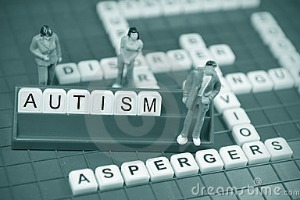






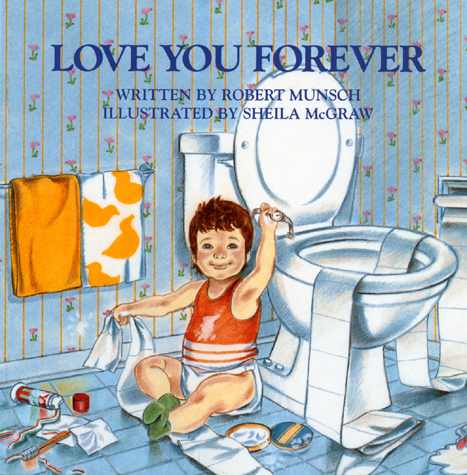

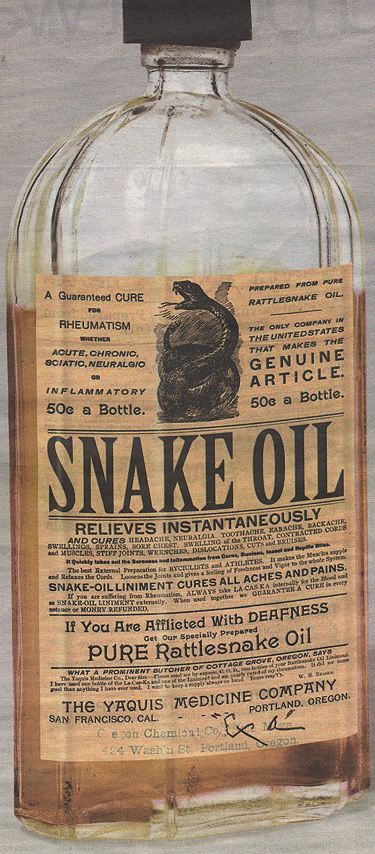
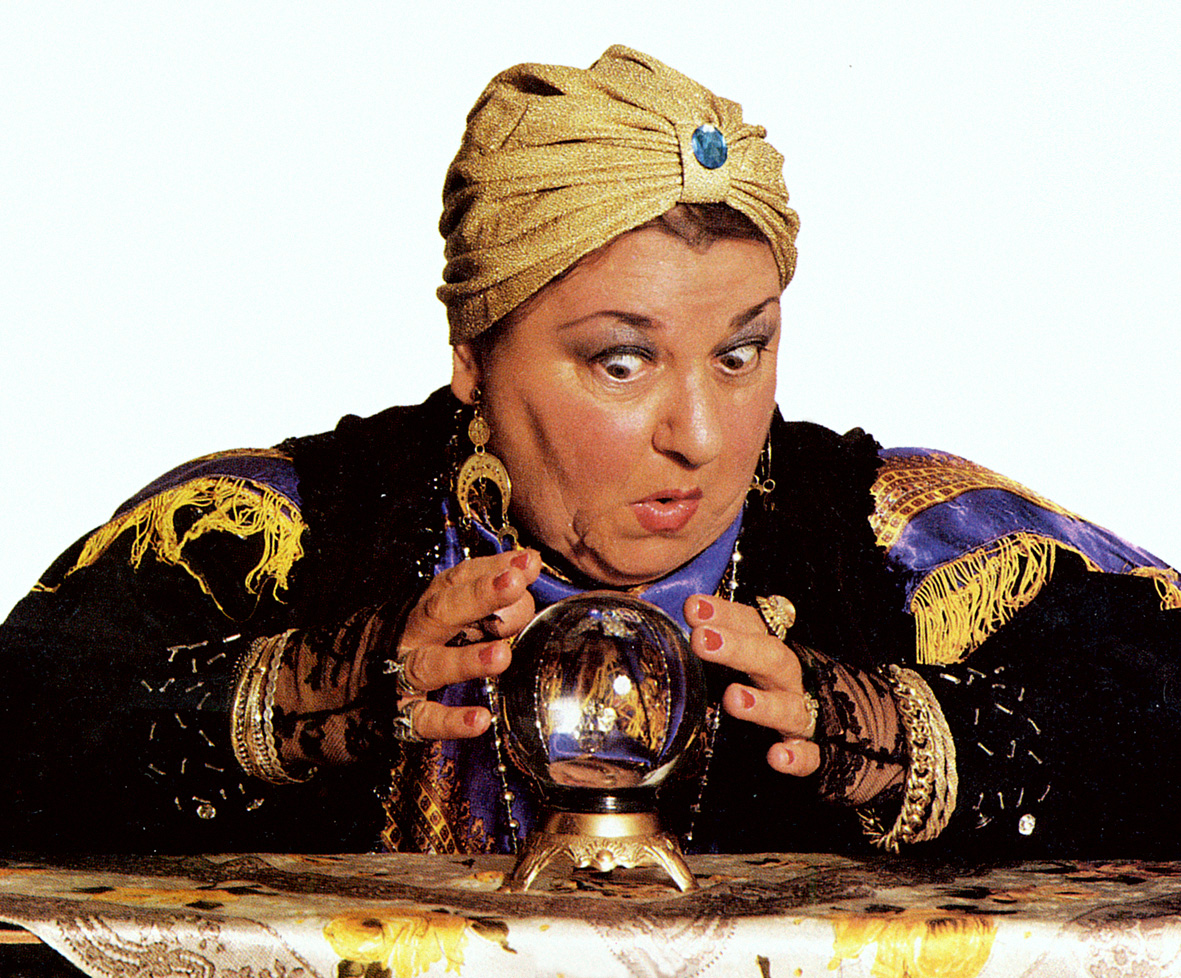
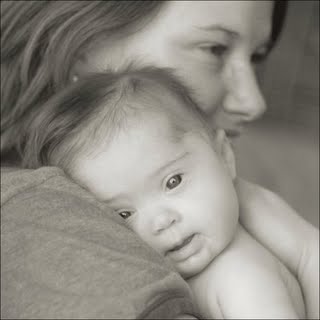

 Do you remember the days when people spent more time raising their own children than telling other people how to raise theirs? When no one particularly cared what brand of baby bottles you were using, whether or not you breastfed a respectable period of time, what philosophy of child-rearing you subscribe to, or how much TV you allow your kids to watch? Yes, I know that everybody has always had an opinion. That certainly hasn’t changed. But everyone didn’t seem to be quite so determined fifty years ago to impose it on others.
Do you remember the days when people spent more time raising their own children than telling other people how to raise theirs? When no one particularly cared what brand of baby bottles you were using, whether or not you breastfed a respectable period of time, what philosophy of child-rearing you subscribe to, or how much TV you allow your kids to watch? Yes, I know that everybody has always had an opinion. That certainly hasn’t changed. But everyone didn’t seem to be quite so determined fifty years ago to impose it on others. Having a developmentally delayed child is much like standing in dirt crossroad in the middle of nowhere. The right path is not clearly marked. We try to peek a bit down every road to determine the best one to take. There are few road signs and no mile markers. You set off down the road you have carefully chosen. You hear the people off in the distance who took other paths. Some of them – whose proximity you can’t quite determine – are reporting how terrible their journeys are. Some of them are joyfully shouting how pleased they are with theirs. You can’t tell who is closer or farther away. With each successive voice added, you are left standing alone on the road trying to determine if you should begin making your way back to choose another. You are left amidst a cacophony of voices shouting at you to head in their direction. But, in the end, you are still standing on that road all alone, tightly holding the hand of your child while trying to appear confident. It’s a frightening and lonely feeling. One no parent will ever forget.
Having a developmentally delayed child is much like standing in dirt crossroad in the middle of nowhere. The right path is not clearly marked. We try to peek a bit down every road to determine the best one to take. There are few road signs and no mile markers. You set off down the road you have carefully chosen. You hear the people off in the distance who took other paths. Some of them – whose proximity you can’t quite determine – are reporting how terrible their journeys are. Some of them are joyfully shouting how pleased they are with theirs. You can’t tell who is closer or farther away. With each successive voice added, you are left standing alone on the road trying to determine if you should begin making your way back to choose another. You are left amidst a cacophony of voices shouting at you to head in their direction. But, in the end, you are still standing on that road all alone, tightly holding the hand of your child while trying to appear confident. It’s a frightening and lonely feeling. One no parent will ever forget. Dear Shopper,
Dear Shopper,